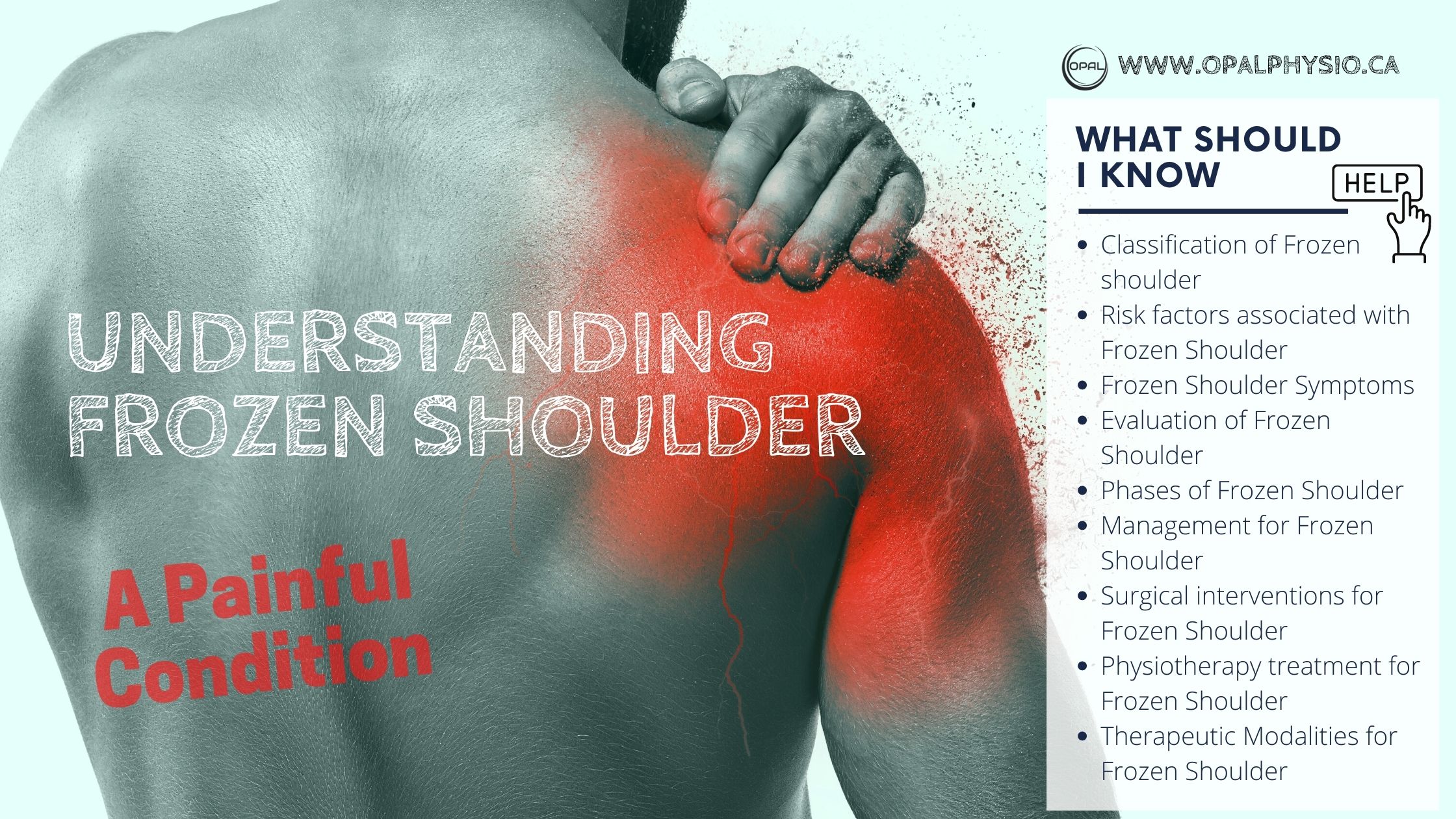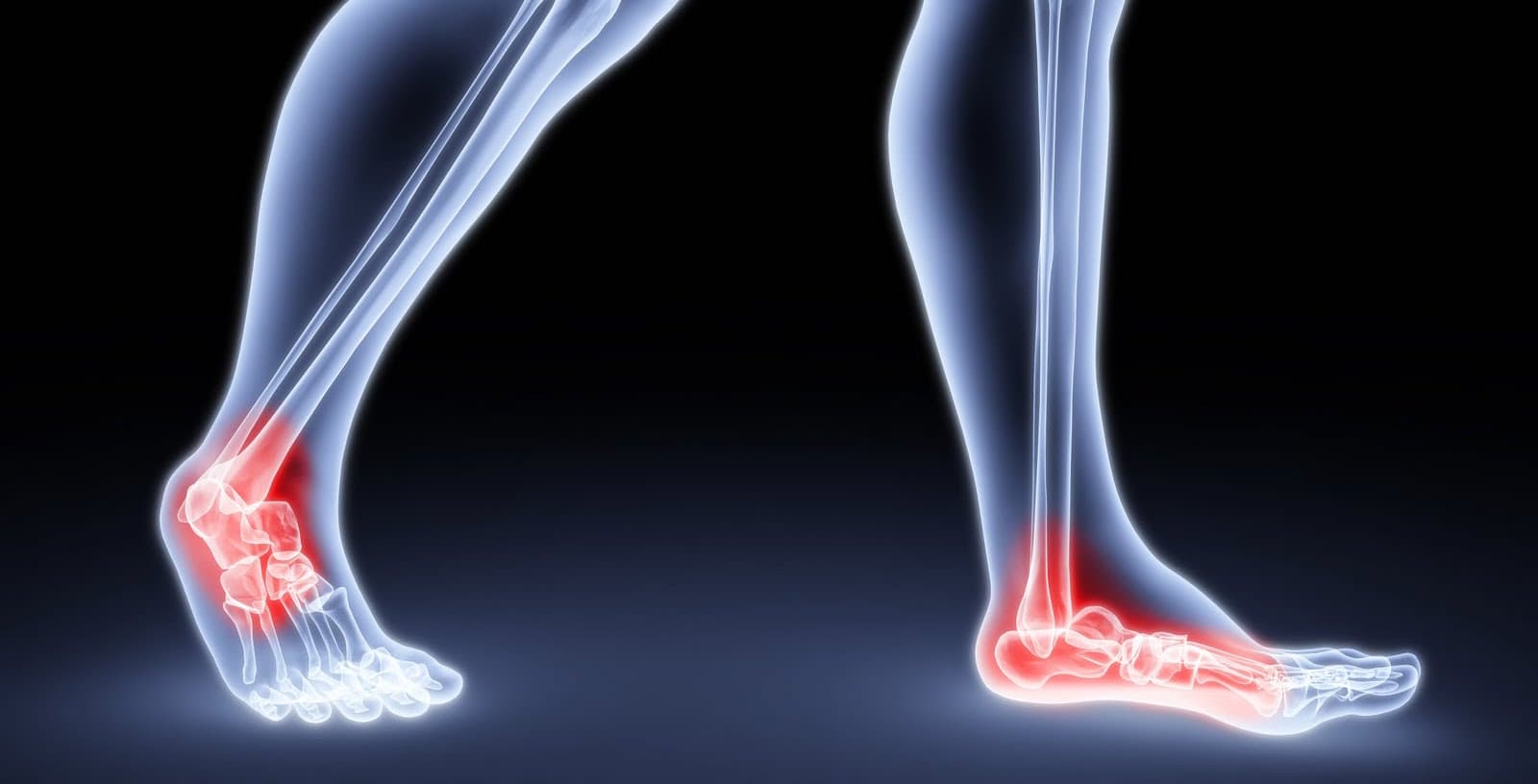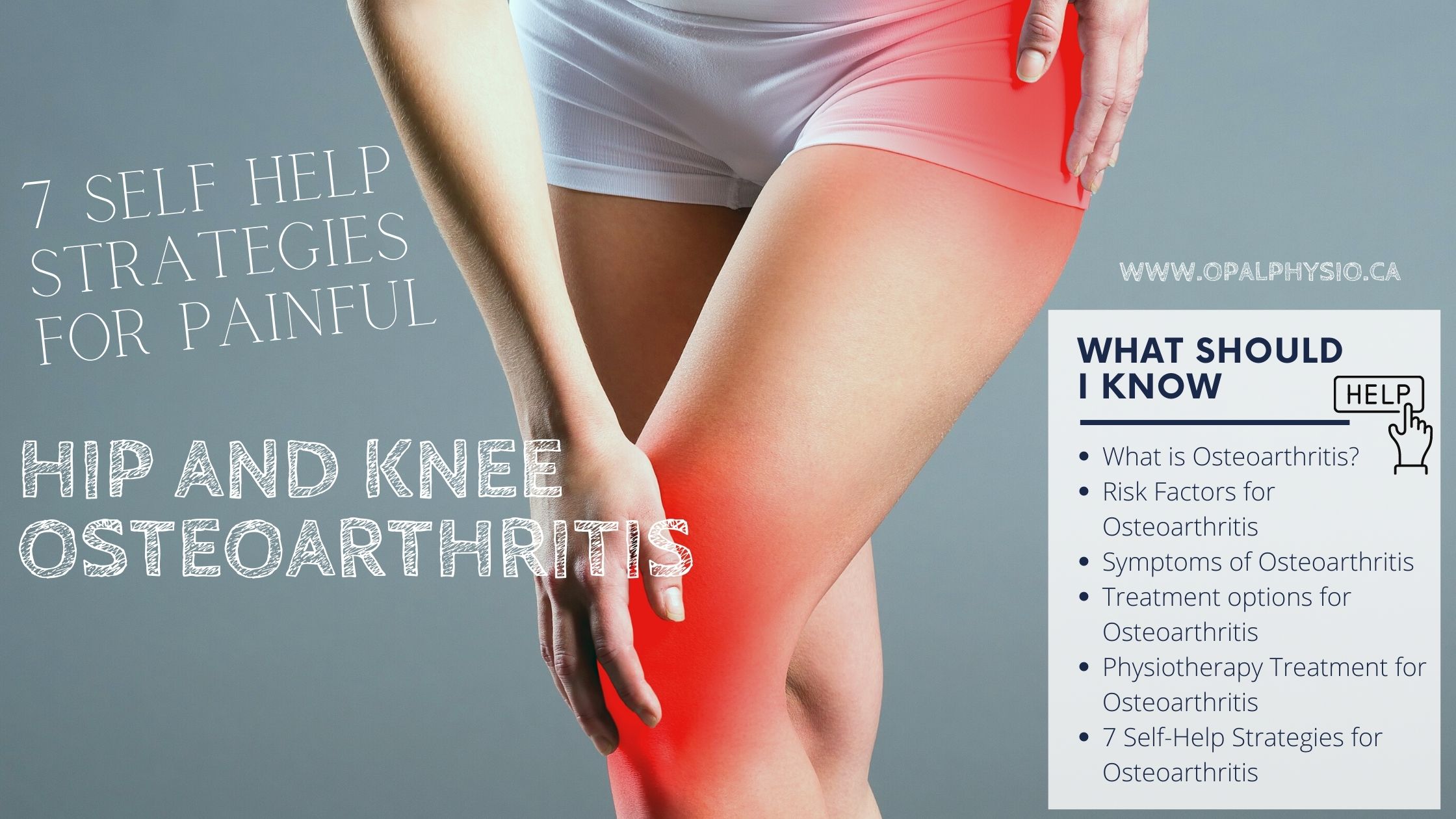Neck Pain – Causes, Self-Help and Treatment
Pain in the neck!!
Neck pain is a problem that we see in the general population. Neck pain is a common musculoskeletal condition where people seek health care services, and according to a study by Horn, Maggie E, Fritz, and Julie M, it is the fourth leading cause of disability. It is estimated to be the third-largest condition in healthcare spending.
Neck discomfort is one of the most common reasons people see a healthcare provider, and most of the time, the first line of approach is medication, imaging, specialist referral etc.
Although the majority of people recover from pain, however, some continue to experience persistent pain and disability beyond one year.
Types of neck pain:
Although there exist complexities in neck aches, they can be acute pain or chronic persistent pain.
Acute neck Pain:
The onset of pain can be sudden and intense, and it usually subsides within days to weeks with rest, self-care measures and physical interventions.
Chronic/ persistent pain:
Sometimes the ache and disability last longer than three months or can be recurrent, becoming chronic pain. It could be persistent widespread soreness that can aggravate with most or all activities.

Some factors that can contribute to chronic pain and disability:
- Sustained Postures
- Lack of sleep
- Anxiety/ stress
- Fear-avoidance and pain catastrophizing
- Lack of social life
- Lack of proper nutrition/diet
- Smoking
Neck pain causes:
Mechanical Causes: can have multiple factors
Neck aches may be related to a specific trauma, including Motor vehicle Accident, also known as whiplash-associated disorder (WAD), caused by muscle strain, pinched or compressed nerve roots, lifestyle factors, posture, and sporting or occupational activities.
Non-mechanical Causes:
These are serious spinal pathology and can include but are not limited to Spinal Cord lesions, Fractures, Tumors, Spinal infection, Dizziness, and ache related to VBI, unknown non-specific cause. These require further assessment and investigation by a physician or a specialist intervention.
Risk factors that are associated with neck soreness:
- Previous history of neck pain
- Female gender
- Age >50
- Backpain
- Headaches
- Heavy repetitive work
- Prolonged sitting
Getting to understand the cause of your pain is paramount in determining the course of your treatment. Please make sure you check with your healthcare provider if you have any concerns.
But there are some self-help strategies you can do to help your soreness, whether it is acute or chronic.
Acute neck pain self-management:
- Avoid strenuous activities and movements that can increase your soreness for a few days, and giving short rest periods can help while at the same time continuing small, simple activities that you can tolerate.
- A hot/cold compress can help relax the muscles or reduce the inflammation response.
- Gentle stretches or active neck movements can help reduce neck stiffness. But make sure the stretches or active dynamic movements do not increase your soreness.

Simple neck pain stretches can help you.
While in a seated position – try these few simple stretches.
- Gently nod head frequently
- Look down and look up as far as you can tolerate
- Look towards your right shoulder; hold a few seconds, then turn to look over your left shoulder, and hold for a few seconds. Add gentle pressure at the chin as tolerated to get more stretch.
- Sit with the right hand holding your chair. Tilt your head to the left side and slightly look forward and down towards your shoulder. Then switch sides and repeat the same.
- Frequently raise your arms above your head as you look up.
Chronic neck pain exercises self-management:
- Active exercises: You can do exercises to strengthen the muscles in your neck regularly. There is more evidence to support the use of dynamic exercises for managing discomfort.
- By adopting a healthy lifestyle, the more fit and active you are, the less likely you are to have aches, and your coping skills also improve. Its always better to stay active and go about your daily life as usual as best as you can
- When starting exercises, start gradually and increase the level of intensity as you feel comfortable and without aggravating your soreness.
- Remember the importance of having a good posture. That said, there is no perfect posture, but adapting a frequent changes in posture and limiting the time that you remain in one position or posture helps.
- Try to get good restful sleep, as studies have suggested that lack of sleep can cause increased chronic neck pain. Sleeping position and posture can be helpful, as well. If you are a stomach sleeper, try and sleep on your side, as laying on your stomach can increase neck stress and strain while in one position. Also, a supportive neck pillow can help avoid using more than one pillow.
If, after starting and continuing with your exercise, improvement in discomfort has not occurred, it is advisable to seek further advice from health care professionals.
Can physiotherapy help with neck pain treatment:
Physiotherapist can help with neck pain relief.
Recently published clinical practice guidelines by Pierre et al. (2016) for patients experiencing neck discomfort recommend that interventions often provided by physiotherapists are helpful.

These include structured client education, range of motion exercises, mobilization or manipulation with exercise training as initial management strategies are more useful. They suggest that seeking care from a physiotherapist early during an episode of pain reduces costs and healthcare utilization, as well as improved clinical outcomes.
“A physiotherapist for neck pain specializes in providing expert care and treatment for individuals experiencing discomfort and restricted mobility in their neck. They employ various techniques such as manual therapy, exercises, and ergonomic advice to alleviate pain and promote healing. Consult a qualified physiotherapist to find relief from neck pain.”
Also, it noted an improvement in cost savings. It reduced healthcare costs by seeking early physical therapy consultation, which also attributed to fewer diagnostic testing, interventions, and pain management strategies such as prescribing opioids.
An orthopedic physiotherapist may be an added advantage for patients to consult earlier when having neck pain-associated disorders.
There is evidence to support the use of active exercise-based treatment, early exercise-based rehabilitation interventions, manual therapy approaches, and patient education in the management of neck discomfort.
If you are suffering from neck pain, we could help you and advise you of the best possible treatment options. Please get in touch with us to book your appointment today.

Cynthia Pathipati – Registered Physiotherapist
Cynthia Pathipati completed her bachelor’s in physiotherapy and is a qualified Registered Physiotherapist in good standing with the College of Physiotherapists of BC with more than 15 yrs of experience. She has Post-Graduate Credentials and Certifications as well as extensive knowledge experience in treating pelvic floor, orthopedic, neurological, vestibular and pain conditions.







